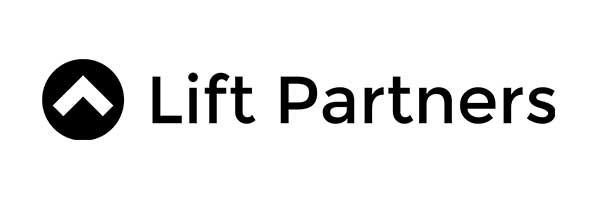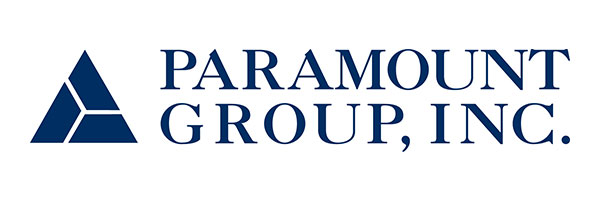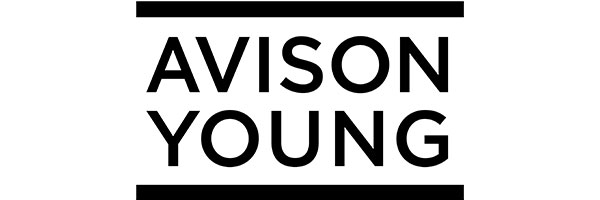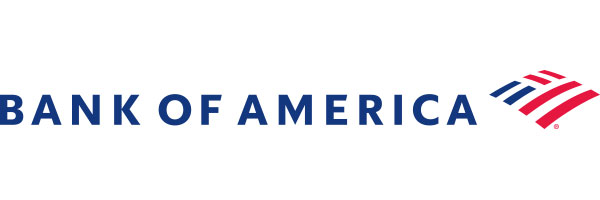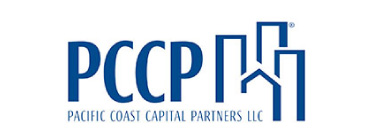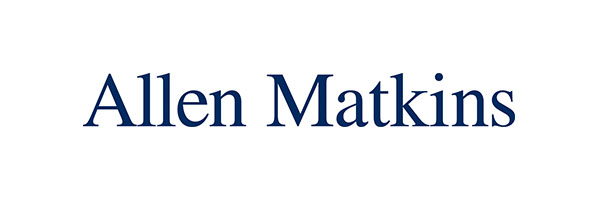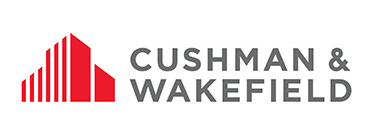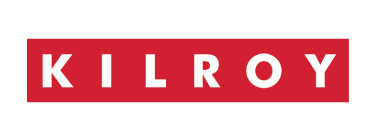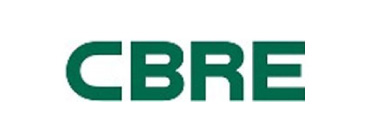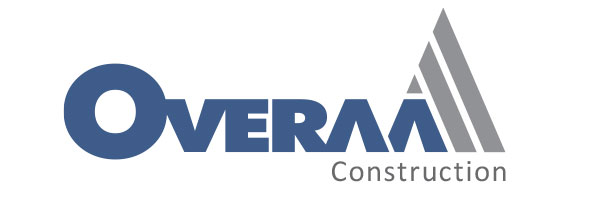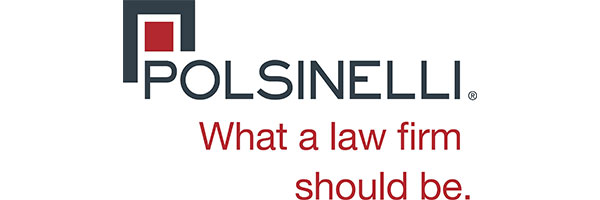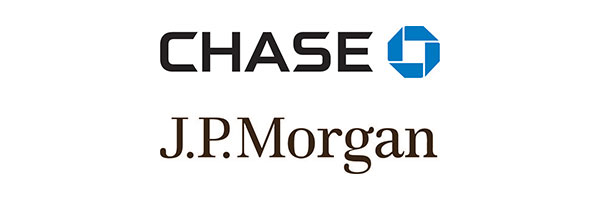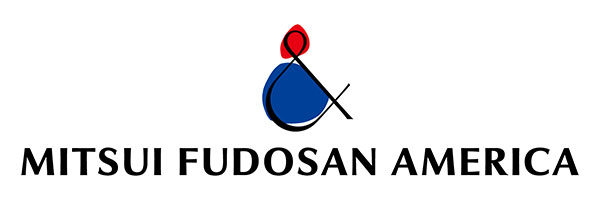CBPA's California Legislative Update 3/19/2021
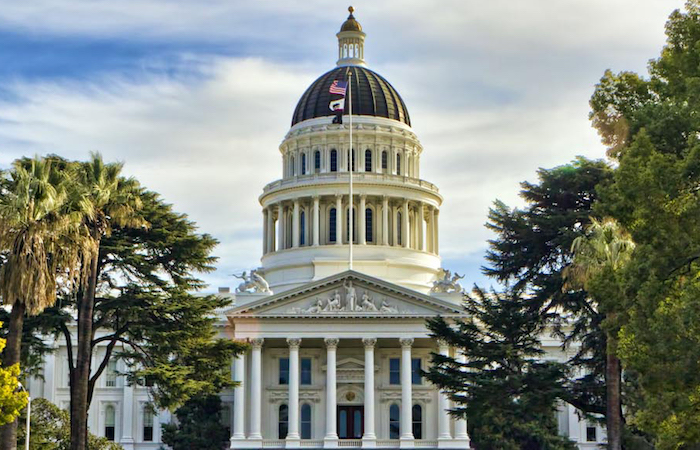
- WAREHOUSE BILL CAUSES CONCERN
- MOBILE SOURCE BILL WOULD HURT GOODS MOVEMENT
- COVID WORKPLACE LIABILITY BILL
- COVID VACCINE AND THE WORKPLACE
- SCAQMD WAREHOUSE INDIRECT SOURCE RULE OPPOSED
- CBPA 2021 CALENDAR
WAREHOUSE BILL CAUSES CONCERN
Assemblymember Eloise Gomez Reyes (D-Gran Terrance) has announced that she intends to amend her bill, AB 1547, with language that many warehouse owners and tenants believe will continue to drive companies out of the State of California with another policy that will make it very difficult to operate any type of industrial warehouse or logistics center as it may give unprecedented tools to nearby NIMBYs to fight new projects.
According to the author’s office, AB 1547 will be amended to require the following prior to the approval of a warehouse development:
* A 1,000-yard buffer zone between the boundary of the site and sensitive land use such as schools, parks, and residential neighborhoods.
* Local notice to the affected community with details about the project.
* Require on-site equipment such as forklifts and other dock machinery to be powered by zero emission technology.
* Require construction equipment to use highest emission standards currently available.
* Conduct an analysis of air quality impacts of the warehouse development taking into account the truck traffic increase caused by the project.
* Require project applicant to hold series of community meetings with affected residents to develop a community benefits agreement.
* Community Benefit Agreement must include: A plan to incorporate zero emission trucks; ensure use of zero emission last mile delivery; and local hire for jobs.
Many industrial warehouse facilities and logistics center employ many of these tools already in how they operate their facilities. And our industry tries to be good neighbors and address issues that come up with local government and nearby residents.
However, this type of statutory mandate on all facilities, will potentially be used as a cudgel to stop projects that some simply don’t want in an area. Logistics centers and warehouses are extremely important to the state’s economy – and getting food and goods to people’s homes and stores – we are concerned this bill could hamper operations, push them even further away from urban areas, and make everything more expensive.
Here is an article about AB 1547. We will keep you posted as it progresses.
MOBILE SOURCE BILL WOULD HURT GOODS MOVEMENT
Another bill that would have a huge impact on our members that own and/or operate warehouse and logistics facilities is AB 426 (Bauer-Kahan; D-Orinda) which could have a huge negative impact on our state’s ability to move food and goods to market and to your homes.
A large group of industries, including commercial, retail, and industrial real estate, are working together to oppose AB 426. Consistent with the California Toxic Air Contaminant Act, diesel exhaust was identified as a toxic air contaminant in 1998. As required by the law, the California Air Resources Board (CARB) adopted a control plan (the Diesel Risk Reduction Plan) in 2000.
Since that time, CARB has implemented a comprehensive mobile source control program which has, in many cases, far exceeded the Diesel Risk Reduction Plan’s goal of reducing diesel exhaust by 85% by 2020. In addition, CARB continues to adopt new control measures requiring the use of zero and near-zero emission equipment.
The current regulatory mobile source programs by CARB already provided for in California law – including the latest generation of control technologies – have been wildly successful in reducing community exposures to both mobile and stationary source diesel emissions. For example, by January 1, 2023, diesel exhaust in nearly all on-road heavy-duty trucks will be reduced by more than 98%.
AB 426 would fundamentally change the successful two-step identification and control process in the California Toxic Air Contaminant Act as implemented in the Diesel Risk Reduction Plan.
The bill would also grant indirect source rule authority over existing sources in conflict with the Federal Clean Air Act which applies such programs to new or modified sources only.
In addition, this bill would duplicate existing facility-by-facility review and mitigation under the California Environmental Quality Act as well as the myriad regulatory and data collection efforts on mobile sources currently being implemented by CARB.
Although the bill has good intentions, we are forced to oppose because its an incredible overreach that will drive businesses out of the state, make it more difficult to ship food and goods to market and your homes, and will increase the cost over everything that has to move to get to consumers.
COVID WORKPLACE LIABILITY BILL
We are pleased to support AB 247 (Ramos; D-Highland) which will add to and repeal Section 1714.28 of the Civil Code. The bill would provide immunity from civil liability to small business and nonprofit organizations during the COVID-19 emergency.
Section One would provide nine legislative findings and declarations such as improving business confidence to operate, and that small businesses are the backbone of the state’s economy. Nonprofit organizations also play a vital role in building healthy communities. In addition, California has recognized the need for protection from civil liability during times of crisis and so it is the intent of the Legislature to protect small businesses and nonprofit organizations, which continue to make significant contributions to economic development during these unprecedented times caused by the COVID-19 state of emergency.
Section Two of the bill would add Civil Code Section 1714.28 to prohibit a small business or nonprofit organization from being liable for an injury or illness to a consumer due to coronavirus (COVID-19) based on a claim that the consumer contracted COVID-19 while at that small business or nonprofit organization. The relief from liability would be available if the small business or nonprofit organization has implemented and substantially complied with all applicable state and local health laws, regulations, and protocols.
“Small business” in this instance means a business with 100 or fewer employees, which would cover so many of our members. We will keep you posted on the progress of the bill.
COVID VACCINE AND THE WORKPLACE
And so, you have more information about dealing with COVID in the workplace, as proud members of the California Chamber of Commerce, we are pleased to provide information they released today about how to deal with issues in the workplace related to vaccinations.
What is your responsibility as an employer to assure your workforce is vaccinated and what risks you do you incur by asking employees to make sure they are vaccinated? What is the CDC guidance and what is California state law?
Click here for more information about what role you should play as an employer when it comes to keeping your employees, tenants, and guests, safe at your workplace.
SCAQMD WAREHOUSE INDIRECT SOURCE RULE OPPOSED
A broad chorus of opposition, including California Business Properties Association representing over 400 individual companies and every major commercial real estate association, has sent a letter in opposition to the South Coast Air Quality Management District’s (SCAQMD) proposed Warehouse Indirect Source Rule (ISR).
On behalf of the commercial, industrial, and retail real estate sectors, CBPA expressed concerns that the draft ISR Warehouse Actions and Investments to Reduce Emissions “WAIRE Points,” as too complicated, too costly, duplicative of existing efforts, and expressed doubts that the rule will achieve the stated desired outcomes.
California already regulates mobile sources pursuant to its waiver under federal Clean Air Act, and this power is unique in the nation. The California Air Resources Board (CARB) has used this power to adopt the country’s strictest emission laws, including adopting the world’s first mandate to manufacture and sell zero-emission commercial vehicles.
CARB has also stated its intent to adopt regulations by the end of 2021 that will require nearly every equipment type at warehouses to operate in a zero-emission mode.
On behalf of the commercial real estate industry, CBPA strongly requested that SCAQMD not engage in duplicative rulemaking that will have a disastrous effect on the economy of the state, make goods more difficult and expensive to get to consumers, and will have marginal – if any – environmental benefit.
CBPA, NAIOP, ICSC, BOMA, and a host of other business groups also sent a joint letter opposing this rulemaking. Click here to see the letter.
CBPA 2021 CALENDAR
Thursday, April 8, 2021
Industrywide Legislative Committee Meeting
Zoom
Tuesday-Wednesday, June 8 – 9, 2021
California Commercial Real Estate Summit
& CBPA Annual Board Meeting
Zoom
Thursday, October 21, 2021
Industry Awards Dinner
The Renaissance Hotel, Newport Beach
Thursday-Friday, December 2 - 3
Strategic Issues Conference & CBPA Board Meeting
Embassy Suites, Napa Valley
For more information on any of our events, please contact Melissa Stevens at 916-443-4676 or mstevens@cbpa.com.

